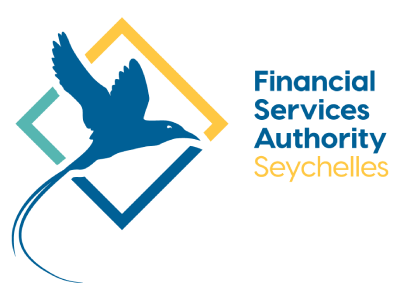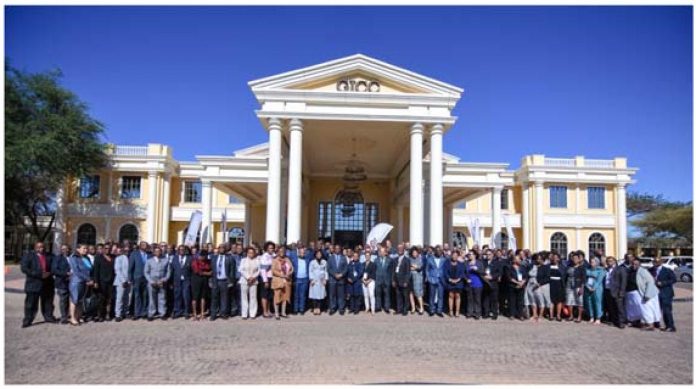Seychelles Financial Services Authority (FSA) in collaboration with the Central Bank of Seychelles (CBS) organized for the first time a Financial Education Fair which was held on the 23rd and 24 th November 2018, on Mahe. The financial education fair brings together the different partners and stakeholders within the financial services sector, encompassing both banking and non-banking sector of the financial services industry. This includes both Government and the private sector, such as banks, bureau de change, insurance companies and capital markets.

FSA Staff and CEO
This fair created a platform providing the public with the opportunity to engage with representatives across the financial services community.
The aim of the fair forms part of the continuous attempt towards educating the public on the
different financial products or services available and provide clarifications on the functions and answer any queries relating to the different financial services organizations and stakeholders.
The fair was declared open after two enlightening and energetic speeches by the two heads of the financial services regulators Ms. Carolina Abel, the Governor of the Central bank, followed by Dr. Steve Fanny, the CEO of the FSA. In his speech Dr. Fanny stated that, “Financial world is not complex. We are responsible to educate ourselves about the various products out there and make the most out of it.”
Another highlight of the event was the announcement and the unveiling of the winner of the Financial Education Mascot Design Competition, Ms. Shireen, Adeline who was presented with a cheque of Rs 20,000 by Ms. Abel and Dr. Fanny.
To ensure that a broad range of the Seychelles public had the opportunity to attend the fair, the team further held the Financial Education Fair on Praslin, on the 14th December 2018. This initiative aims to aims to provide everyone with the opportunity to engage with the financial services community.

